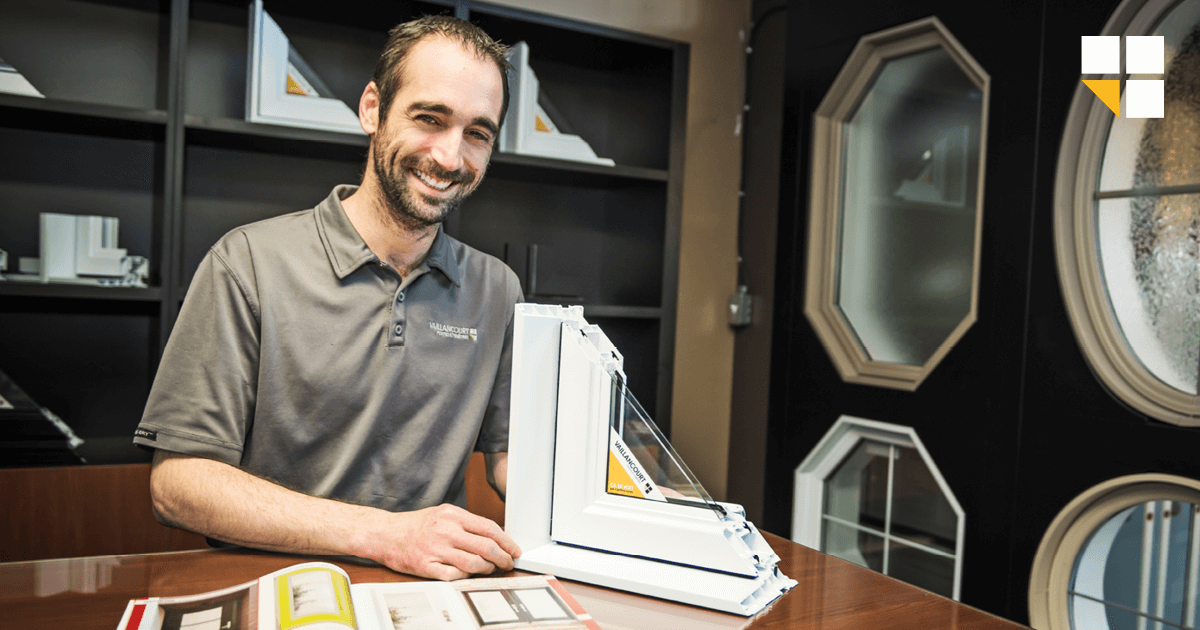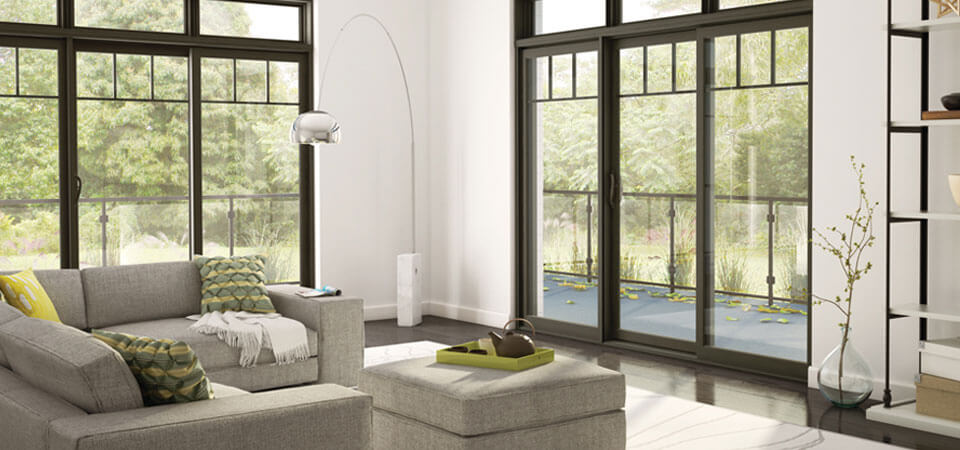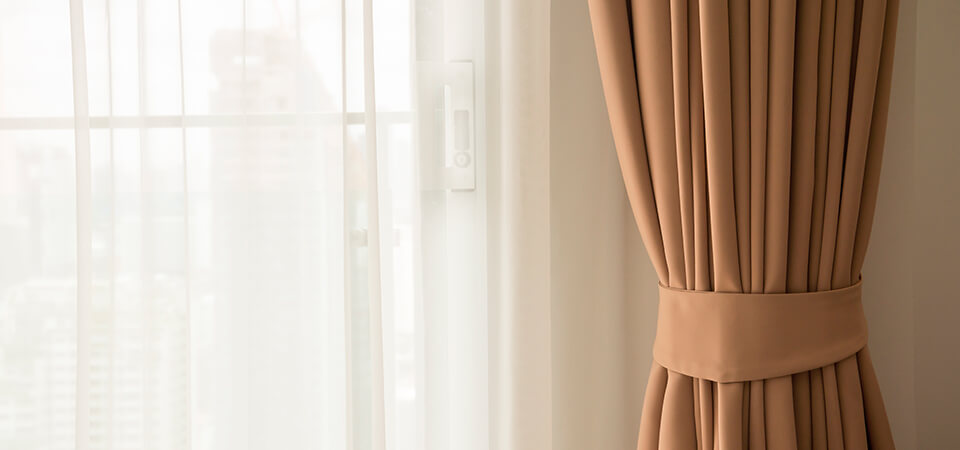When the time comes to choose doors and windows for your customers, you will no doubt end up speaking with a representative on the phone or in the showroom. Given the potential scope of some renovation or construction projects from the logistical, legal and financial viewpoints, it’s clearly preferable to seek professional advice. Why? What is the representative’s role? What contribution do they make to the process of purchasing your products?
What are the roles and responsibilities of the doors and windows representative?
The representative is a key contact person, even if your project is still in the early planning stages. Schedule an appointment to meet with one, and put them to work for you! Their role is, logically, to get to know you, to identify your and your customer’s needs, and to provide you advice and answer any questions you have about models, materials, colours, options and the latest trends while also taking into account your project budget. If you’ve chosen to work with a company that manufactures its own doors and windows—like Vaillancourt—then the representative can also get into more technical aspects with you, for example:
- details of their warranty coverage, since you may even want to incorporate certain provisions into your own sales argument, such as transferability to the next owner
- energy performance
- soundproofing, depending on the glass chosen
- glass associated with high or lower solar gains.
The manufacturer’s representative can provide information on production, delivery and installation timelines. They can also advise as to the eligibility of your project for any tax credits or grants as well as any current promotions your customer may want to take advantage of.
Representatives are typically members of a company’s sales team. However, their responsibilities go far beyond simply selling products. They build business relationships and promote client loyalty while also prospecting for new clients and performing client outreach. It’s their job to look after their clients to ensure that they’re getting the support they need and feel that their needs are understood, whether before, during or after their purchase. You’re probably drawn to certain products based on their quality and ease of installation, while your client may be more concerned about things like energy performance or the sourcing of materials.
What are the advantages of meeting with a representative when choosing doors and windows?
If your project is on a smaller scale—for example, if you’re simply replacing a patio door—communication with your representative may be limited to a phone call or e-mail. However, there’s nothing like face-to-face contact and having a chance to see and handle products directly. You can also invite your customer to meet with the representative in the showroom at their convenience to make some final choices (grilles, crossbars, opening direction, etc.) and, while there, pick up:
- catalogues (possibly to help guide their final choice of door)
- colour samples
- a company brochure.
Representatives are familiar with all of the benefits and distinctive features of their company’s products. Are you hesitating between two options? Ask the representative to help you make an informed decision by comparing the models feature by feature.
As a contractor, you purchase doors and windows on a regular basis. It’s important to know that when replacing these products, certain regulations have to be followed to ensure that buildings comply with applicable safety standards, for example, those set out in the National Building Code. Even doors and windows have to meet certain industry standards in terms of insulation, durability and energy efficiency. Depending on your municipality, your project may also be subject to specific by-laws, and you may need to apply for a permit.
Don’t worry—you don’t need to know every detail of all door and window regulations. On the other hand, your representative knows what questions to ask to help you determine which standards need to be followed and identify the most appropriate products, for example:
- bedroom windows that may often need to provide emergency egress
- situations where the use of limit stops is mandatory
- configurations requiring the use of tempered glass
- differences between double and triple glazing.
Depending on your needs, you may want to take advantage of additional optional services such as:
- temporary worksite doors to use while your project is ongoing
- separate packaging of screens to minimize risk of damage.
Do I need to prepare for meeting with a doors and windows representative?
Thanks to the Internet, social media and online shopping, today’s customer is often well informed. However, some customers don’t know exactly what they want—although they probably know what they don’t want. Using active listening, a keen sense of observation and their communication skills, representatives are experienced at interpreting the information your customers provide and coming up with options that meet their needs.
It’s not necessary for you to prepare anything in particular before meeting with a representative. That said, you may want to:
- bring the house plan, if you have one
- measure the door and window openings
- be aware of your installation deadlines so that the representative can insert your customer’s purchases into the production schedule based on manufacturer requirements and your own project timeline.
Above all, never hesitate to ask questions! A skilled representative makes it their job to help you understand even the most detailed information. If this isn’t happening, you can always ask to be served by someone else. And don’t be afraid to do so: sometimes, we just connect better with some people than others. After all, you’re coming to them with a project to install products that your customers will be living with for many years to come!





